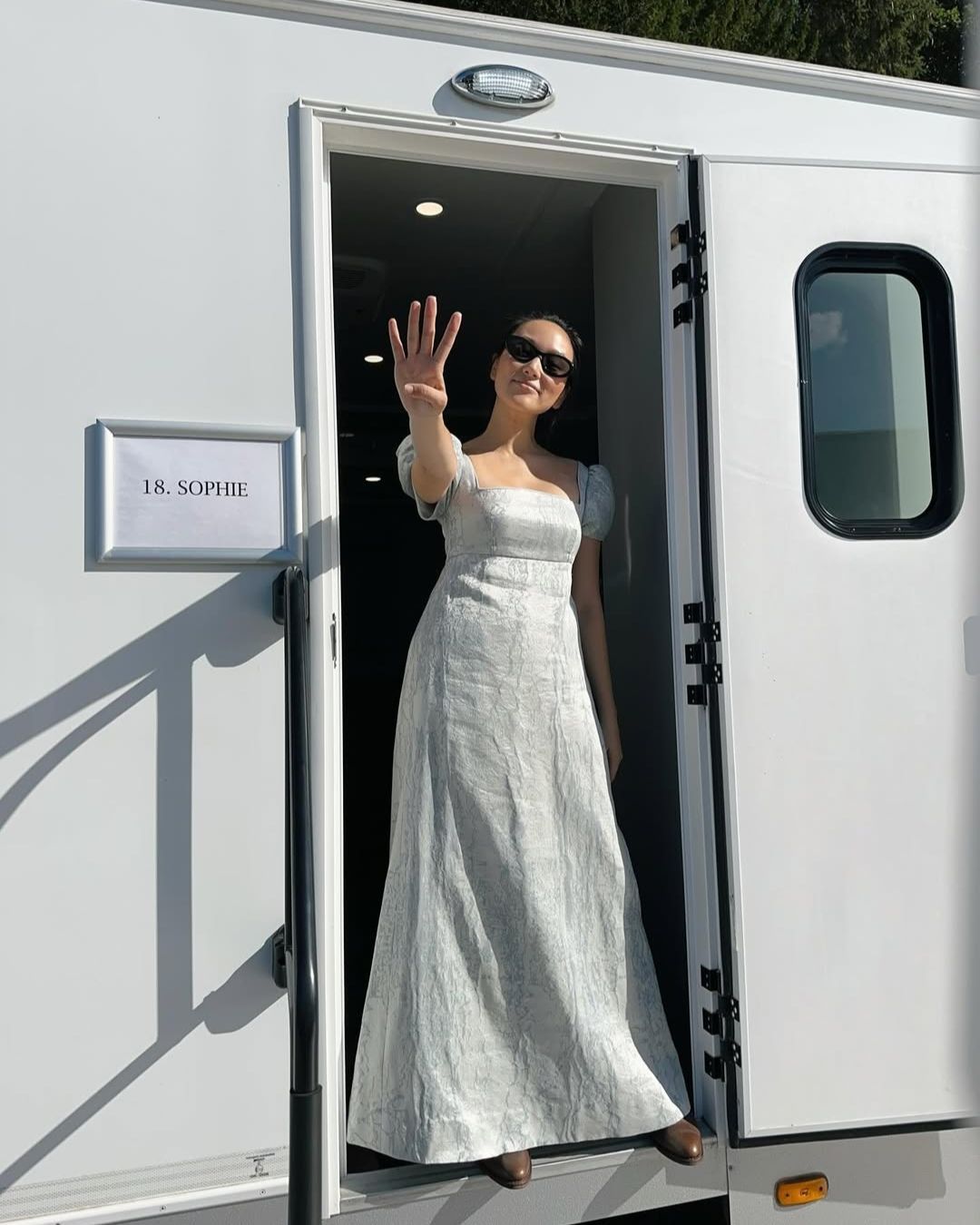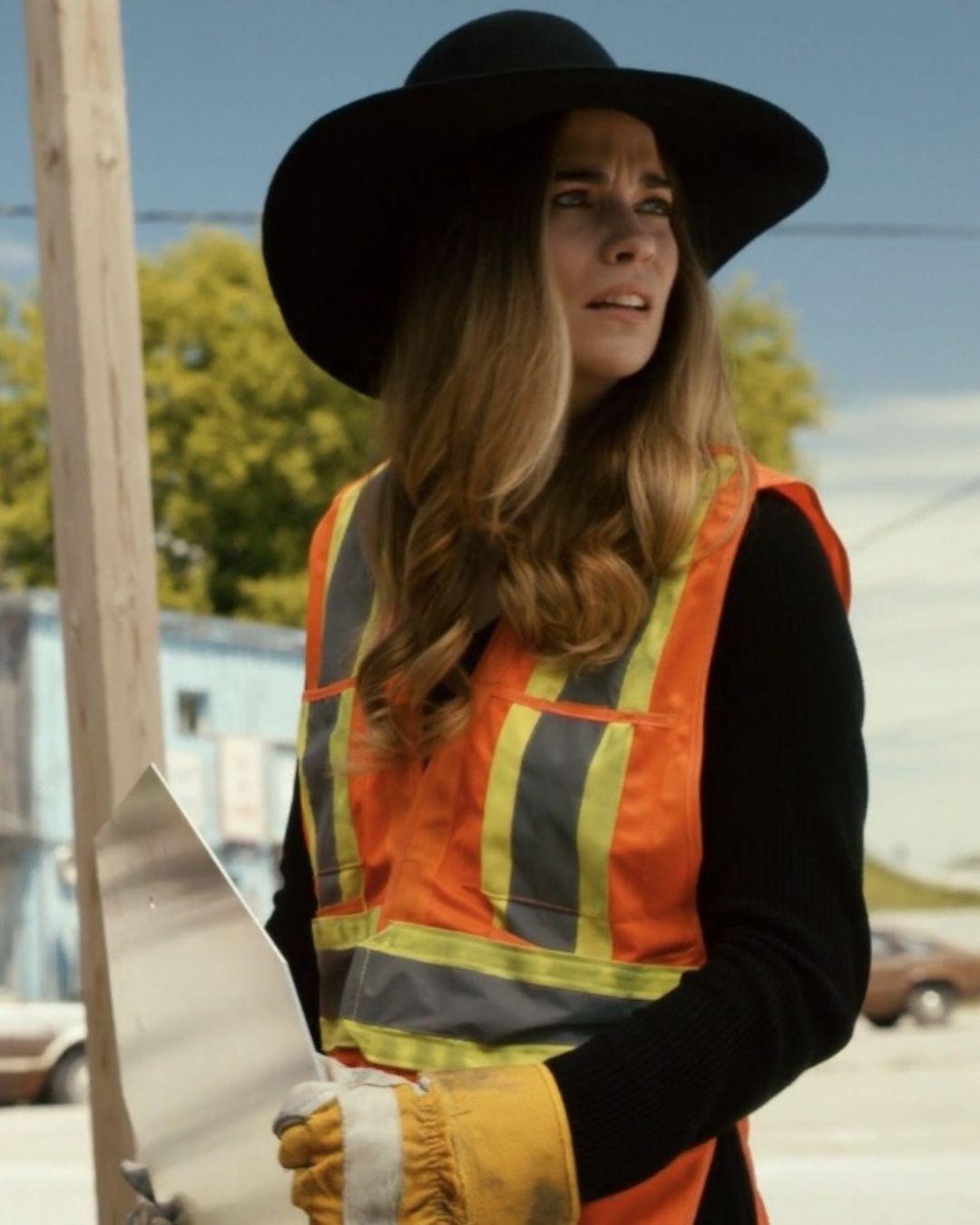
Intimacy coordinator: where we are and what needs to be done We asked professionals and experts in the field (including in Italy) for a look at the present and the future
Some time ago, statements made by Jennifer Aniston caused a small earthquake online. The actress, regarding her role in The Morning Show, specifically talking about her sex scenes with Jon Hamm, stated that she categorically refused the assistance of an intimacy coordinator: "When the producers asked us if we wanted an intimacy coordinator, I didn't know what it meant, since I'm an actress from the old days," she added. "They explained that it was someone who asked you if everything was okay, and I thought oh god, it's embarrassing enough already, we're seasoned professionals, we'll manage on our own." Jennifer Aniston is not the only one who doesn't want to use it. Among the detractors is Sean Bean, while among the supporters of the new figure is Emma Thompson, who used one to shoot Good luck to you, Leo Grande, a film about adult and mature female sexuality. Sabrina Impacciatore also supports intimacy coordinators, noting their usefulness and denouncing the behaviors of her Italian colleagues who, before this figure became popular and used: "Put their hands everywhere." Furthermore, Francesca Manieri, the screenwriter of Supersex, a series about Rocco Siffredi, stated: "We worked with the intimacy coordinator, and I take this opportunity to clarify: they do an initial job, analyzing the scenes with the actors to ensure they are always comfortable."
Is the intimacy coordinator unnecessary?
Needless to say, these statements, even if made in good faith, can be problematic. Firstly, they diminish a new but fundamental professional figure, which has emerged in recent years and heralds a new (controlled and therefore correct, respecting everyone) way of shooting intimate scenes, which are at the center of the debate from various points of view. From the audience's perspective, there is talk of an increasing disgust and disapproval of sex scenes, perceived as unnecessary and forced, poorly integrated into the rest of the story. From the perspective of industry professionals, it is about being comfortable in a healthy and protected work environment at all times. Examples abound of times when this was not guaranteed, from Last Tango in Paris onwards. We asked intimacy coordinator Kate Lush for her perspective on the matter, on her work, on the birth of the profession and its future. Then, we also expanded the discussion to Italian industry associations and academies to try to understand the situation in Italy, which is usually lagging behind the film industry overseas. Here's what they told us.
What is an intimacy coordinator?
Kate Lush gave us an important definition of consent, which should be translated into all areas of our lives: "Consent, on set as in life, should be an act and an action that has space to live and breathe. Consent should be sought and granted throughout the entire process, from audition to post-production, and should extend beyond just the actors, involving the entire production team. The intimacy coordinator is a supporter of consent, encourages communication, and empowers actors to express their consent in the moment, supporting them in case consent needs to be withdrawn." It is precisely in the defense of this living consent that intimacy coordinators are used: "To create safe spaces for actors, to negotiate boundaries and consent, to create scenes that show authentic intimate moments." There is still work to be done: "Efforts are still needed to ensure that what appears in the editing aligns with the spirit of what was agreed upon in the contracts. The clearer the writing of the scenes, the more clearly the director can express the vision, the easier it is for actors to offer their informed consent. The intimacy coordinator can assist in this communication, but it is vital that everyone is completely transparent about the director's vision so that actors can protect themselves both in the production phase and in the post-production phase."
Its role in protecting consent (but not only)
In short, a fundamental technical but also creative approach: "The profession has grown exponentially in recent years thanks to extremely talented and dedicated intimacy coordinators who have successfully worked on productions worldwide. Following this work, producers, directors, cinematographers, crews, and actors see the benefit of having a professional in the space whose sole purpose is to support scenes with intimate and challenging content. The intimacy coordinator assists in directing and choreography, the use of masks and modest clothing, but also helps actors with emotionally challenging content. Often on set, actors have been left in a vulnerable state after these scenes, and the intimacy coordinator can help them find themselves again."
The situation in Italy
And in Italy? Intimacy Coordination Italia, the first professional association in Italy representing intimacy professionals, founded by Georgia Lepore, Sara Palma, and Manuela Parodi, give us an idea. "In recent years, awareness has grown about the need to safeguard and protect performers, actresses, and actors," they told us. Their contribution? Among other things, they have also developed and drafted a document with guidelines for intimacy coordination: "So that there is a transversal and shared alignment of behavior and respect. The MeToo movement has profoundly changed the view of our work environment, bringing us to a much higher level of awareness and inclusivity. Today, this figure, in cinema but also in theater, listens to the needs of actresses and actors, giving them all the tools to express their consent, to face certain scenes, to show their body feeling comfortable." If the professional association is responsible for establishing rules and behaviors, for training and certifications, the responsibility for training new professionals in the industry is taken up also by Anica Academy, as explained by Luisa Lazzaro: "Training has started in Italy, and soon new professionals will be available on the market who can continue to implement the practices that are recognized as the safest. Thus, together with other experts it will also be possible to open a dialogue on the need for the protocols in Italy" and then she added: "Before 2022, these figures were mostly hired from abroad. Some who already worked in the audiovisual sector in Italy knew about the existence of this role, and some were interested in taking on the responsibilities, but there was still no training in Italy, so the role was perhaps more improvised. Historically, the costume department was the one that came closest to protecting the actor."
A look to the future
The ultimate goal of these bodies and organizations is to give dignity to a relatively new professional figure but also to protect all the figures involved, respecting their diversity, in all stages of film or theatrical production, with a focus on sensitivity and consent from everyone. Luisa Lazzaro offers a perspective: "Today, from a screenwriting perspective, we have more diversity, stories that reflect society and contemporary times. There is greater awareness of the need for working techniques that provide a framework that facilitates the construction of scenes more efficiently." Obviously, there is still a long way to go, but the intimacy coordinator could be a step in the right direction.

























































